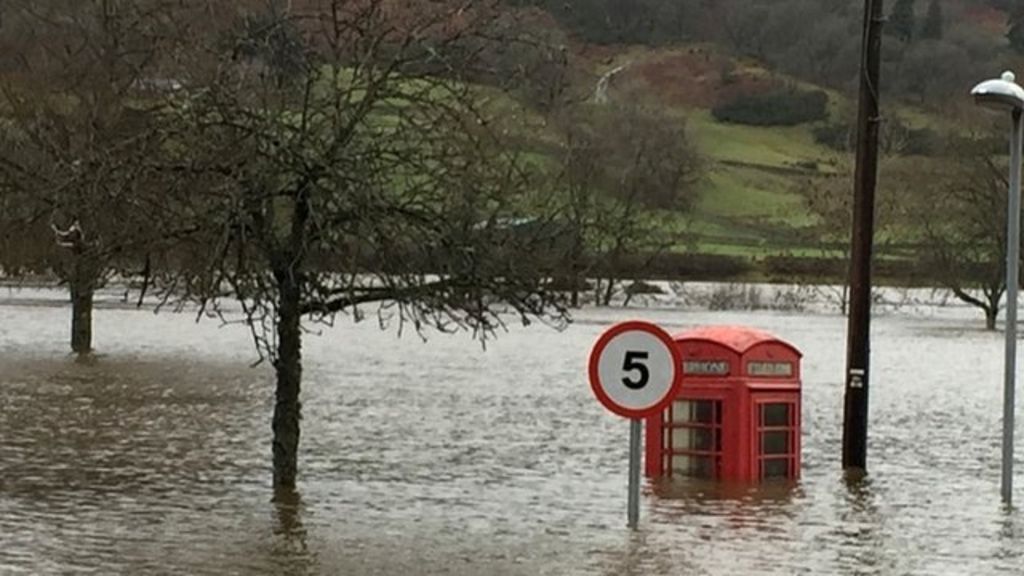If I were an avid conference goer I wonder if I would have found it difficult to decide which of these two events to attend. There are only so many hours in a day, and being a poor attendee at such gatherings, I would certainly aim for the one which appeared the most interesting and informative.
In truth, having listened to the build up to the Oxford Real Farming Conference, it is very doubtful that I would have headed in that direction. The BBC pundits made it sound very ‘beards and open toed sandals’, not really my scene.
However, having read several reviews post the conference, I think this outlook did a disservice to the event. The conference was attended by an eclectic mix, including a mixed bunch of farming types of all ages, equal numbers of both sexes, food retailers, young students and old academics. As one visitor said, ‘you could see this was no ordinary farming gathering’. This actually sounded to me a similar mix to most agricultural conferences. However, it seems that whoever spoke or asked questions, were all ‘on the same page’. Now that is unusual.
Subjects for debate included: Soil Health, Food Sovereignty, Better Jobs Better Farming, and Synthetic Biology. It seems that this assorted range of topics was presented to an equally diverse cohort of people who all had an overarching common aim.
Somewhat surprising, was that the conference decided that, ‘to understand problems and develop methodology to solve them, was not just science, policy and practical applications, but poetry, art, philosophy, religion, as well as social science and history’. This holistic approach to Enlightened Agriculture makes me fairly certain that this ‘Real’ conference was most probably not for me.
The Oxford Farming Conference hosted a debate between Owen Paterson and Phil Hogan the EU Agriculture Commissioner. Mr Hogan as ever keen to promote the benefits of the UK remaining within the European Union, believes that the CAP simplifies the regulations, and that the funds allocated to the rural community, are done so in an effective and targeted manner. He also believes it offers the UK access to global markets.
Owen Paterson made the point, amongst others, that the European Union and the European Market are not the same. As he said, we can leave the political arrangements of the EU, but still enjoy access to the European Market, trading freely with our European neighbours. “They have a £70bn surplus with us. 5 million Europeans depend on sales to the UK; they have a vast strategic and selfish interest in being able to export to us. So those who trade with Europe have nothing to fear.”
It is certain that outside the EU it is essential that a significant level of support from the UK Exchequer continues, and to reassure farmers that payments would be made in the same way that Switzerland, Norway, and Iceland currently do. In fact these countries are actually more generous than those paid by the EU to member states.
Liz Truss has confirmed that the Government is not currently working on a Plan B for farm support if the UK electorate vote to exit the EU. It would perhaps be prudent for her and her department to put some thought to this.
The EU contributes £2.9bn to the UK via the CAP and related subsidies, which currently accounts for 55 per cent of total income for farming. The UK’s estimated net contribution to the EU budget is more than three times that figure at £9.8bn.
By leaving the political structure of the EU, a UK policy could not only pay as much, if not more, than the CAP, but funds should be allocated in a much more effective and targeted manner by policy makers with a full understanding of the UK industry and environment.
As the northern counties and Scotland continue to battle with the floods, which are in many cases unprecedented, it is worth reminding ourselves that Brussel’s bureaucrats have effectively banned dredging which might have prevented some of these rivers from busting their banks.
Dredging, which has taken place for centuries along Britain’s waterways, removes the build-up of silt, deepens the channels thus allowing water to drain away more efficiently.
The European Water Framework Directive, passed into law by Tony Blair’s government in 2000, outlawed dredging. These rules not only effected rivers and waterways but farmers were also restricted by the same edict regarding how and when they are able to clean out their field ditches. To be fair, Liz Truss has last week announced that these restrictions are now to be relaxed. However for some it is too little too late.
For the farmers who have ignored the restrictions and continued to keep ditches cleared and deep, it has certainly saved fields from flooding during winters such as we are now experiencing. This is another example of where farmers have a better knowledge and understanding of how to look after their land than the bureaucrats.


 RSS Feed
RSS Feed